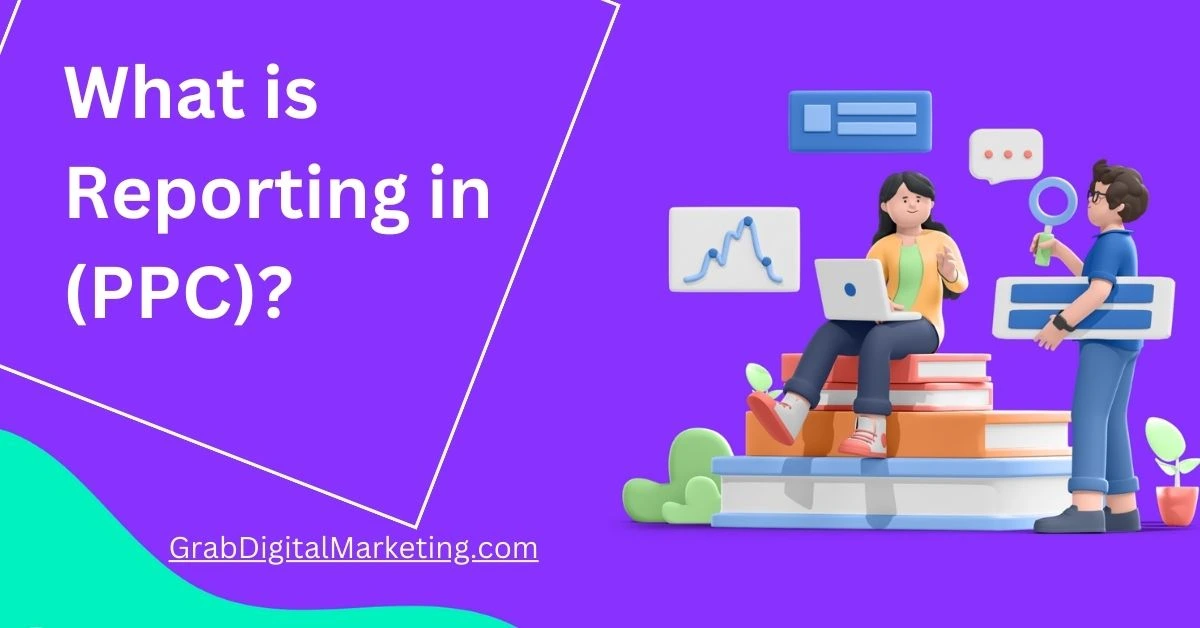What is Reporting in (PPC)?
Reporting in Pay-Per-Click (PPC) advertising refers to The Process of collecting, analyzing, and presenting data related to PPC campaigns. It plays a crucial role in helping advertisers understand campaign performance, make informed decisions, and optimize their strategies for better results. Here’s a comprehensive breakdown of the topic:
Table of Contents
What is PPC Reporting?
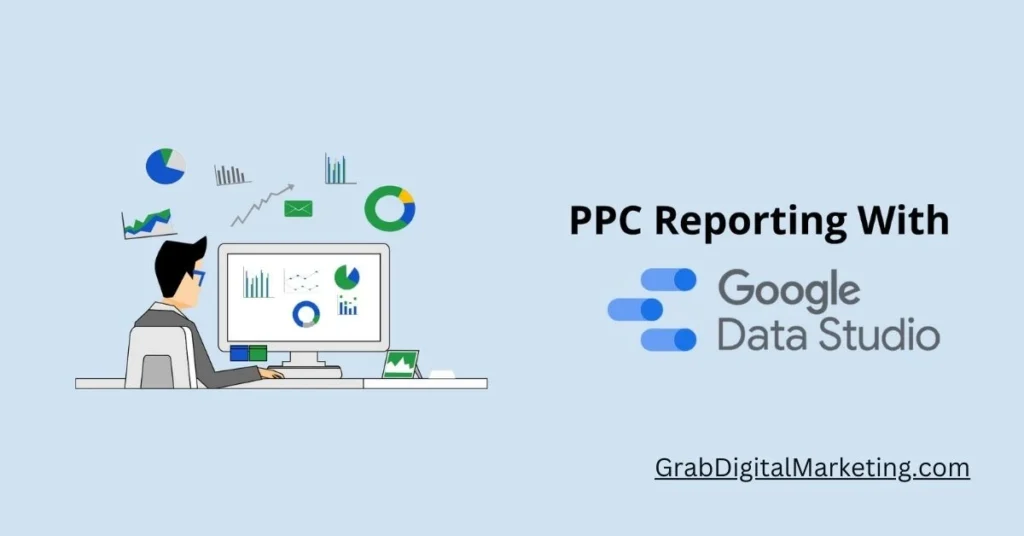
PPC reporting involves creating reports that showcase metrics, trends, and insights about PPC campaigns. These reports serve as a bridge between raw data and actionable strategies, enabling marketers to assess campaign success and identify areas for improvement.
A PPC report typically includes:
- Campaign Metrics: Impressions, clicks, click-through rate (CTR), conversions, cost-per-click (CPC), and conversion rate.
- Budget Insights: Total spend, return on ad spend (ROAS), and cost-per-acquisition (CPA).
- Audience Performance: Insights about the target audience, such as demographics, locations, devices, and behaviors.
- Keyword Analysis: Performance of keywords in terms of clicks, conversions, quality scores, and relevance.
- Ad Performance: Evaluation of ad copy, creative elements, and landing page performance.
Importance of Reporting in PPC
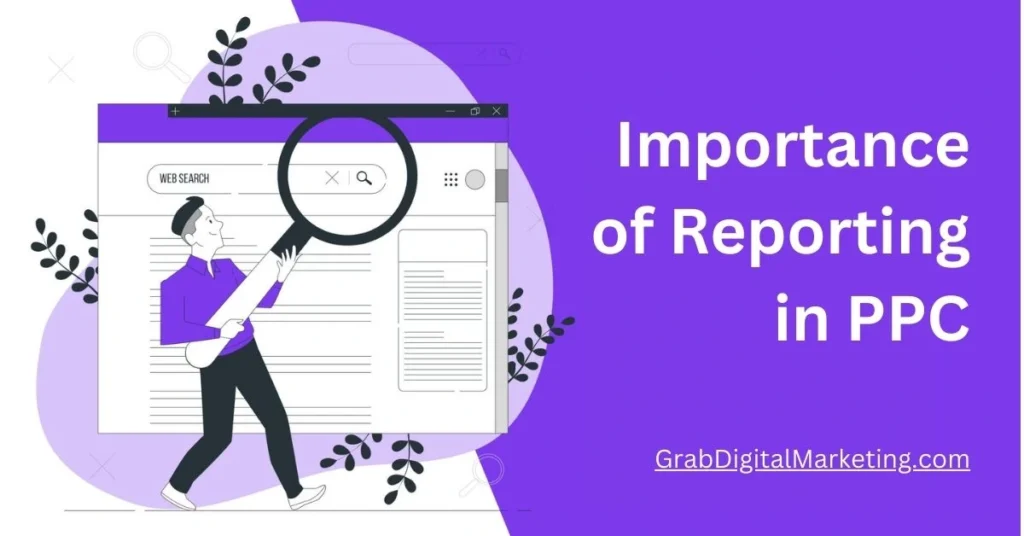
Reporting is critical because it empowers advertisers to:
- Measure Campaign Performance: Reports provide a clear picture of how campaigns are performing and whether they are meeting predefined goals.
- Optimize Strategies: By analyzing the data, advertisers can make adjustments to keywords, bidding strategies, and audience targeting to enhance performance.
- Justify Budget Allocation: Reports help justify ad spend by showing how investments translate into measurable results.
- Understand Audience Behavior: Insights into user behavior and engagement enable marketers to refine targeting and messaging.
- Identify Trends and Patterns: Reports highlight seasonal trends, emerging opportunities, and potential challenges.
Key Components of a PPC Report
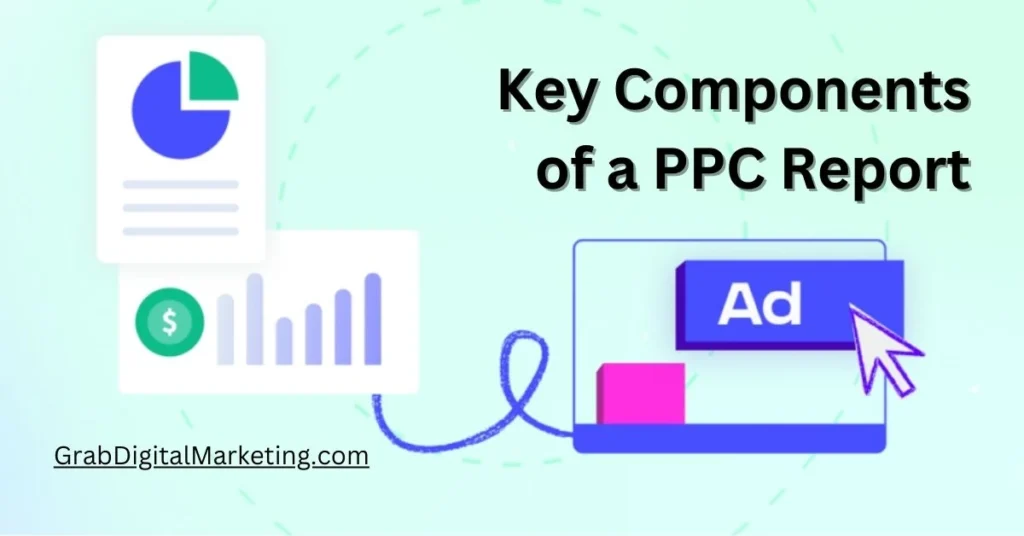
- Campaign Overview:
- A high-level summary that includes total impressions, clicks, conversions, and spending.
- Metrics like CTR, CPC, and CPA provide a snapshot of efficiency.
- Performance by Channels:
- Breakdown of results across platforms like Google Ads, Microsoft Advertising, Facebook Ads, etc.
- Highlights which channel is delivering the best ROI.
- Keyword Analysis:
- Evaluation of keyword performance to identify high-performing and underperforming keywords.
- Suggestions for adding negative keywords or refining match types.
- Ad Performance:
- Assessment of ad headlines, descriptions, and creative assets.
- Analysis of A/B testing results to determine winning ad variations.
- Demographic and Geographic Insights:
- Data on audience demographics such as age, gender, and interests.
- Location-based performance to identify geographic strengths or weaknesses.
- Conversion Tracking:
- Details on conversions such as form submissions, purchases, or downloads.
- ROI and ROAS to measure profitability.
- Competitor Analysis:
- Benchmarking against competitors to identify opportunities for differentiation.
- Actionable Recommendations:
- Suggestions for improvement based on the findings in the report.
Types of PPC Reports
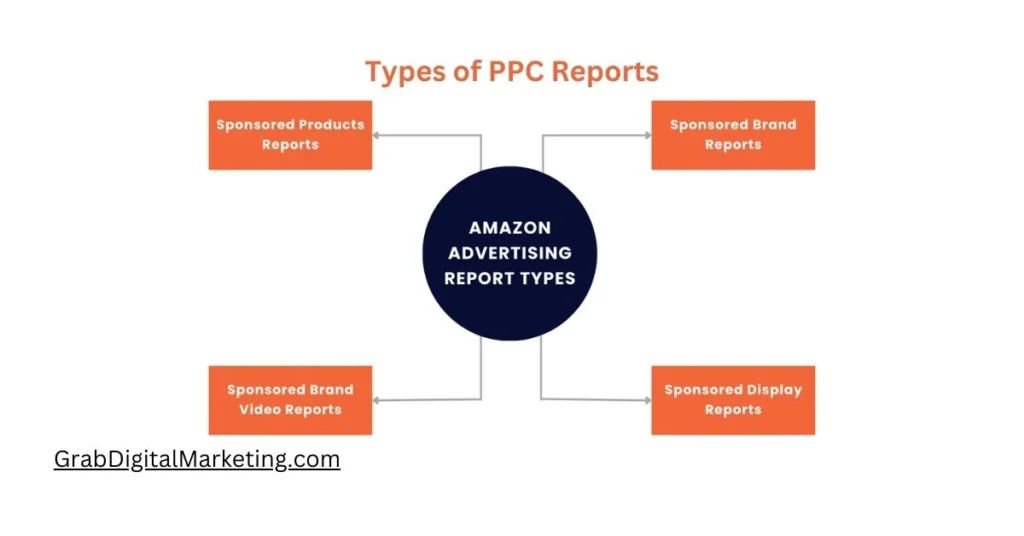
Daily Reports:
Focus on short-term performance to monitor anomalies or urgent issues.
Weekly Reports:
Provide a balanced view of performance trends and ongoing optimizations.
Monthly or Quarterly Reports:
Offer a comprehensive analysis with strategic insights and long-term recommendatios.
Custom Reports:
Tailored to specific business goals or stakeholder preferences.
Tools for PPC Reporting
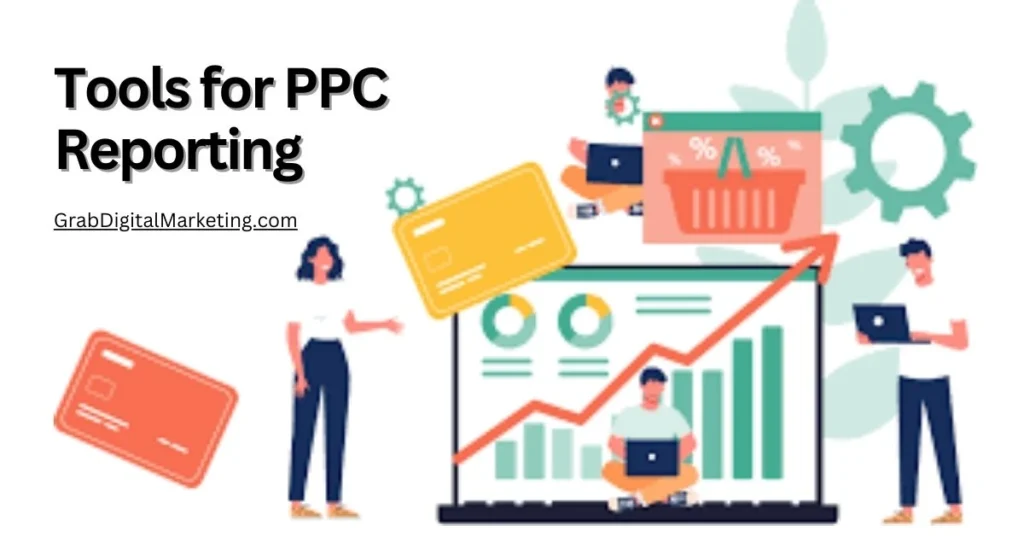
Several tools assist in generating and automating PPC reports, such as:
- Google Analytics: Tracks website behavior and conversions.
- Google Ads Reports: Offers in-depth data on ad campaigns.
- Microsoft Advertising: Provides performance insights for Microsoft Ads campaigns.
- Data Studio: Allows for customizable and visual PPC reporting.
- Third-Party Tools: Platforms like SEMrush, Ahrefs, and HubSpot help streamline reporting across multiple channels.
Best Practices for Effective PPC Reporting
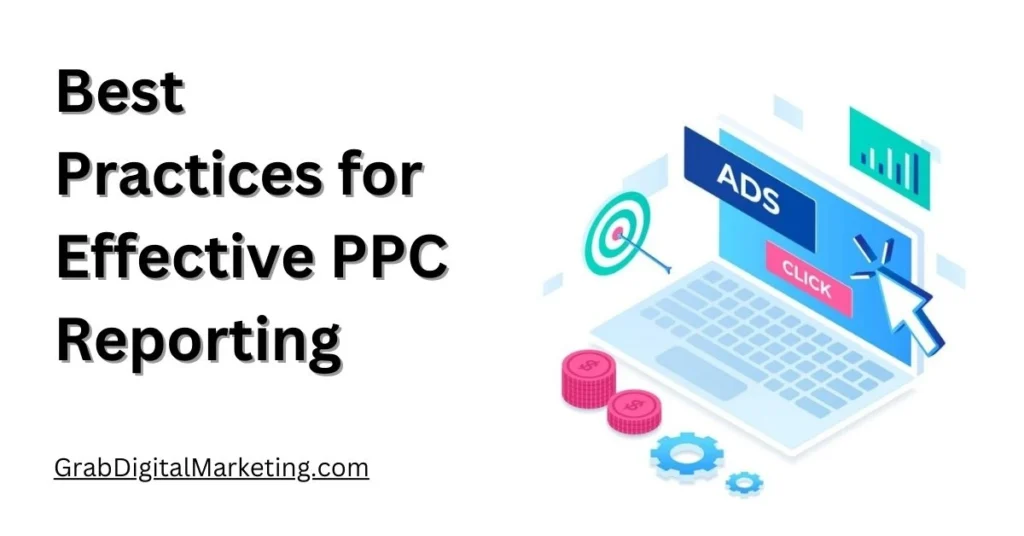
- Set Clear Goals:
- Define objectives like increasing CTR, driving conversions, or improving ROI.
- Focus on Key Metrics:
- Avoid overwhelming stakeholders with too much data; emphasize what aligns with goals.
- Visualize Data:
- Use charts, graphs, and tables to make reports visually appealing and easy to understand.
- Provide Context:
- Explain why certain metrics performed well or poorly, rather than just presenting numbers.
- Include Actionable Insights:
- Offer recommendations based on findings, such as refining targeting or adjusting budgets.
- Maintain Consistency:
- Use a consistent reporting format for easy comparison over time.
Challenges in PPC Reporting
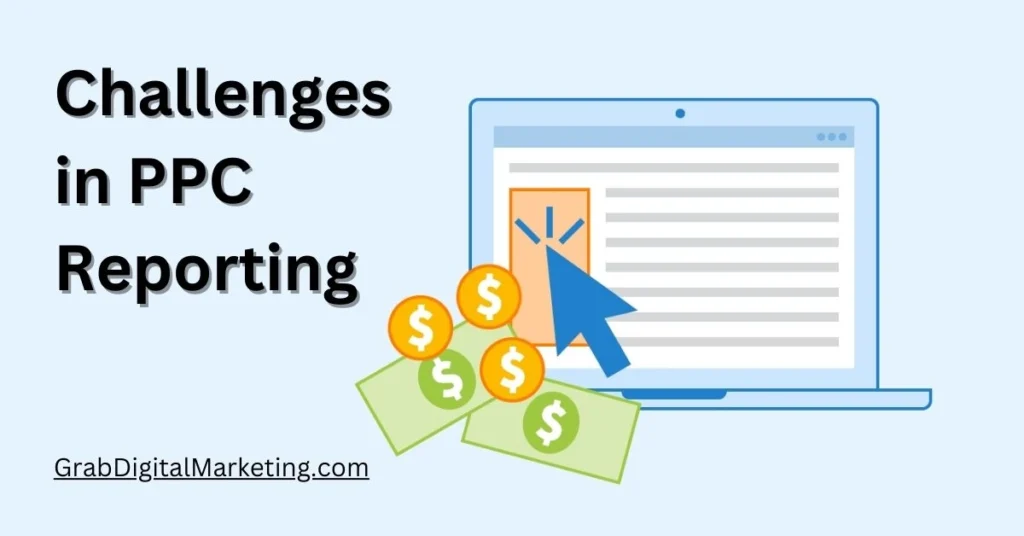
1 Data Overload:
- Extracting meaningful insights from vast amounts of data can be overwhelming.
2 Attribution Issues:
- Determining the true source of conversions is often complex, especially in multi-channel campaigns.
3 Dynamic Environment:
- The constantly changing landscape of PPC requires frequent updates and real-time reporting.
4 Stakeholder Alignment:
- Balancing the needs of different stakeholders while keeping reports concise.
Future of PPC Reporting
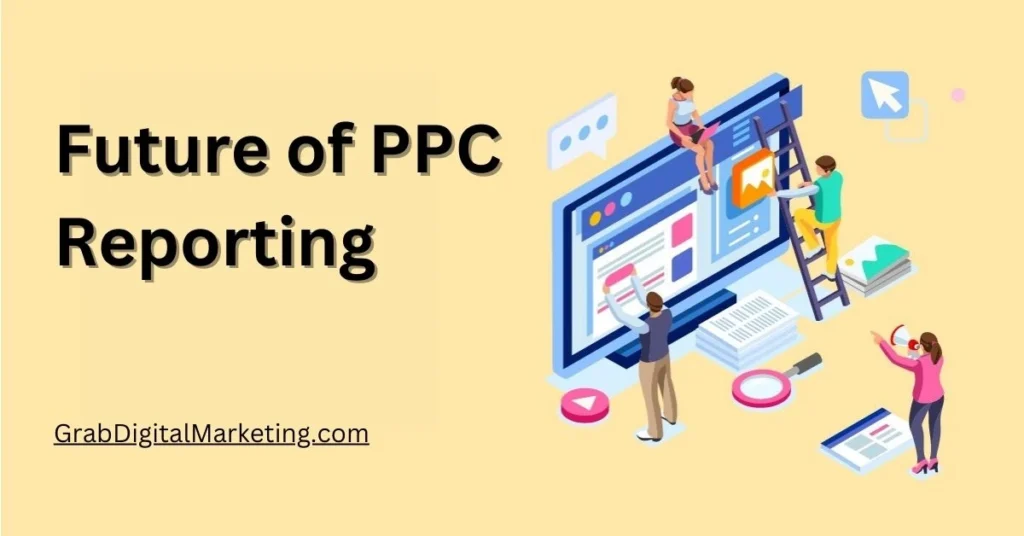
The future of PPC (Pay-Per-Click) reporting will be shaped by automation, AI, and enhanced data analytics. Machine learning will refine reporting, providing predictive insights and automated recommendations. Real-time dashboards powered by AI will offer deeper visibility into campaign performance, with smart algorithms detecting anomalies and optimization opportunities instantly. Cross-platform integration will enable unified reporting, consolidating data from multiple channels like search engines, social media, and display networks. Attribution models will evolve to capture the true impact of PPC across customer touchpoints, utilizing multi-touch attribution and data-driven models.

